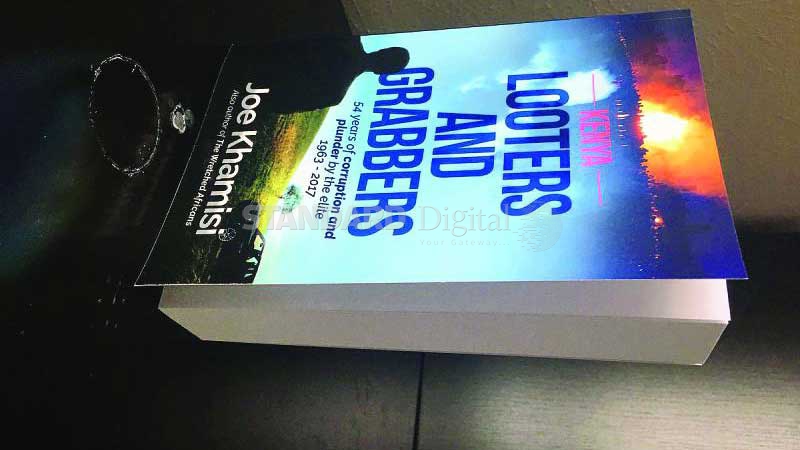
As a former Kenyan parliamentarian, Joe Khamisi saw most of his fellow legislators in gluttonous corruption action in the pig sty of dirty deals that we call the August House, but that is really a National Assembly of Swine and Vermin – but to paraphrase a Trump line – I am sure a few of them are honest people.
The former MP and now prolific writer (at the rate of a book every two years this decade) decided to document the acts of his fellow legislators in a book, Kenya: Looters and Grabbers: 54 Years of Corruption and Plunder by the Elite, 1963 – 2017, which was released less than two months ago.